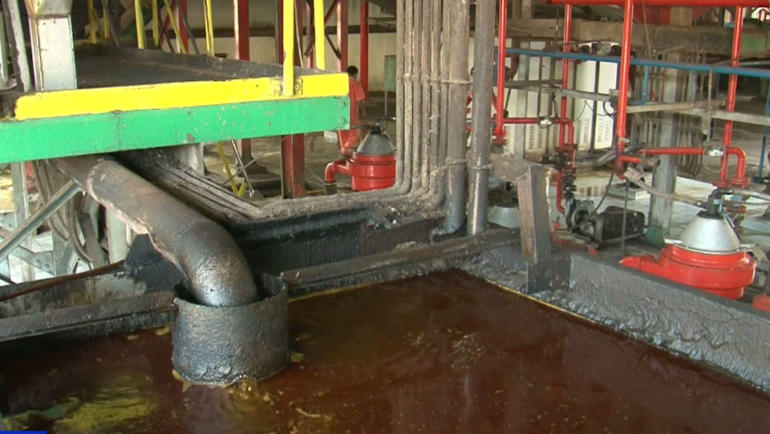Moves by Norway, France, and the EU to curb or eliminate the use of palm oil in biofuel are a big worry for Malaysia, where the crop sustains some 650,000 smallholders and earns the country billions of dollars a year. This comes after Malaysia’s palm oil industry has been under fire, particularly in Western countries, for the alleged damage it causes to rainforests.
CGTN’s Rian Maelzer reports.
Follow Rian Maelzer on Twitter @rdamael
“One after another countries in Europe they are going to pass this kind of rules or resolutions in their parliament. This is going to affect the bilateral relations. There are so many things we imported from Europe and for Malaysia we only sell palm oil, our commodity, to them. And yet they try to limit our product,” Teresa Kok, Malaysian Minister of Plantation Industries said.
Malaysia and Indonesia produce 90 percent of the world’s palm oil. Half of their exports to Europe end up in biofuel.
Almost all larger Malaysian plantation companies are members of the Roundtable on Sustainable Palm Oil (RSPO), which also includes manufacturers and environmental NGOs. To be certified as sustainable, palm oil companies cannot clear any primary forest.
The RSPO is moving to ban clearing of high-conservation-value secondary forest as well.
“What would be useful is for countries which are concerned about deforestation in the region is to look at this issue of traceability. So thereby you punish the bad player, the one is who is producing oil from unsustainable practices, you support the good players. That would drive the whole market towards creating palm oil which is sustainable,” said Nithi Nesadurai, an Environmental Protection Society Malaysia official.
By year-end, Malaysia aims for all smallholders to also be certified as sustainable under a new certification program. But it seems unlikely it will be enough to nip in the bud the European anti-palm oil momentum.
 CGTN America
CGTN America
